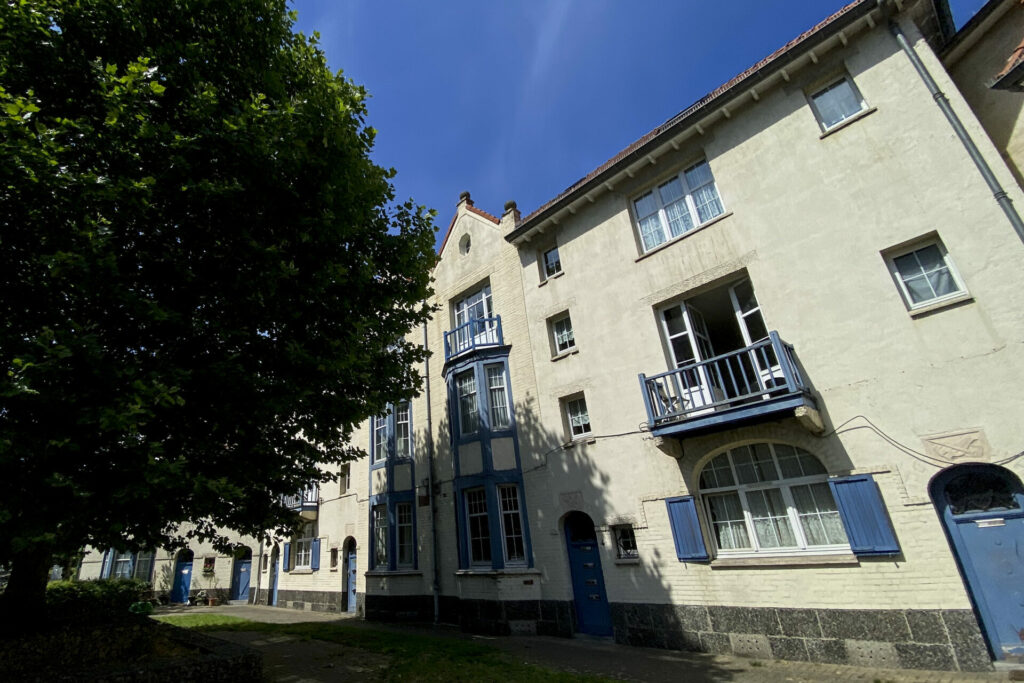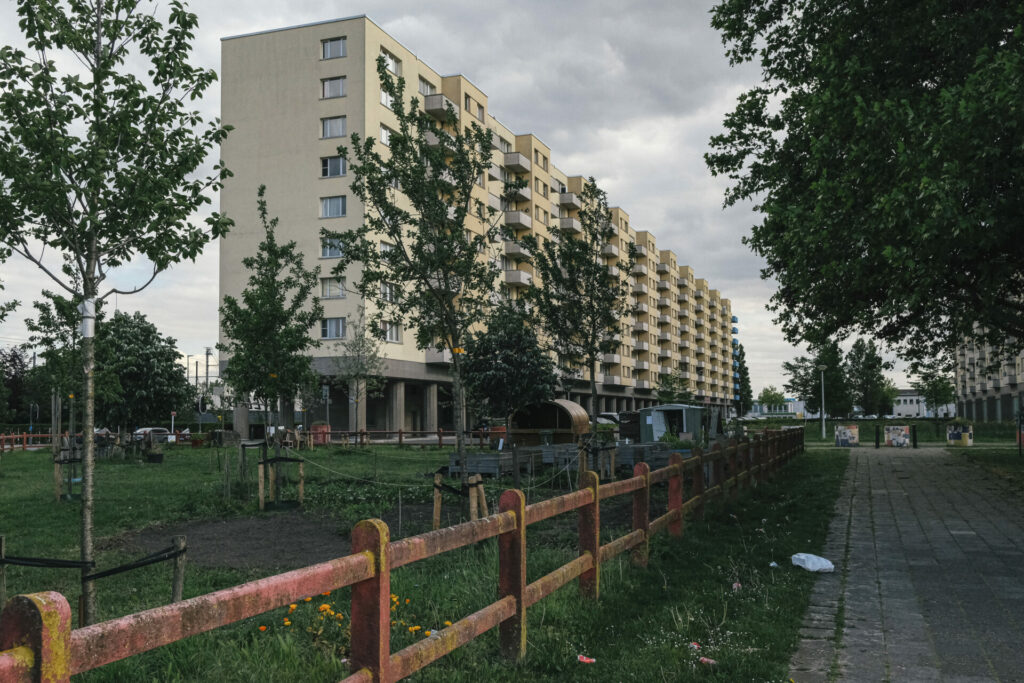Priority for social tenants who work, a guidance programme for unemployed social tenants and no more lifetime contracts: these are some of the new rules the Flemish Government has laid down for social housing from 2025.
New, stricter rules for social housing will take effect from 2025, announced Flemish Housing Minister Matthias Diependaele. One of the stand-out rules is that those who work will be given priority if they want to rent social housing in the municipality where they work.
Diependaele said on Flemish radio that the latest changes have "the sole aim of ensuring that people who are most in need of social housing have the best chance of getting it." They follow a detailed analysis of the situation of social tenants in the labour market, which shows that unemployed social tenants are 26% less likely to get a job.
Figures by the Department of Housing show that 55% of social tenants are in work.
'Current system discourages employment'
For Diependaele, "there is something wrong in the system that encourages not working and discourages working."
He explains that the rent a tenant pays for social housing is currently determined by income, meaning that someone who is unemployed has a lower rent. However, if they start work and their income goes up, so does their rent. They also risk losing their social housing over time. That does not encourage people to get into work.
Flanders wants to instead give greater benefits to working tenants from 2025: prospective tenants who have worked for at least one year in the municipality where they want to rent will be given priority. The change will favour those in work over those who are unemployed (but able to work) in the same municipality.

The Cite Diongre neighbourhood, a social housing project designed in the 1920s. Credit: Belga
The higher rent paid by working people will be compensated with a so-called "transfer" premium: an amount accumulated during the rental period and paid out when people move to the private housing market – reaching up to €2,500. This will help people take the step to the private rental market or purchase market, thereby freeing up social homes.
Additionally, from 1 January 2024 the "local anchoring" rule will apply. This gives priority to candidates who can prove they have lived continuously for at least five of the past ten years in the municipality or operating area of the housing company where they are seeking social housing.
Diependaele's office explained that this local anchoring mechanism will take precedence over employment: an unemployed prospective tenant in their own municipality will have priority over a working prospective tenant from another municipality.
No more 'for life' contracts
From 2025, unemployed social tenants will also receive better guidance to find work. At present, they must register with the VDAB (Flemish unemployment agency), but from then on, an action plan will also be drawn up together with the VDAB to help people take effective steps towards training or work. This measure will not only apply to people who are currently already renting but also to those who are prospective tenants.
Diependaele also announced that there will be no more "for life" rental contracts. Currently, all contracts concluded before 1 March 2017 are of indefinite duration, meaning that these tenants could in theory stay in social housing permanently.
Now, those contracts will be converted to nine-year contracts. After that period, the contract can be terminated if, for example, it turns out that the tenant has since earned more than stated in the terms, or if other rules are violated. For people over 55, those with severe disabilities or those who are incapacitated, "some fairness" would be built in.
Currently, about 176,000 people are on the waiting list for social housing – the waiting time is about four years. The new measures will make access even stricter.
Related News
- One in five Brussels residents struggles to pay for water
- Social tariffs for gas, electricity to go up by over 9% next year
- Child poverty in Flanders more than doubles in 20 years
"Social housing provides opportunities to stand on their own two feet. To get an education, look for work, get other things in order," said Diependaele. "Once that is successful, the aim is for people to move on to the private market. That way, that house becomes available again for people who need support from society."
The minister said that plans to create more social housing are being worked on but insisted that "One does not rule out the other. On the one hand, we want to direct more social housing to people who need it most. On the other hand, we want to build more social housing."
He said that figures for the number of social housing units added this year were "slightly better than other years" Still, a significant part of the budget for the renovation and construction of social housing remains untouched. In 2022, €685 million of the €2 billion available for social housing construction was effectively invested.

